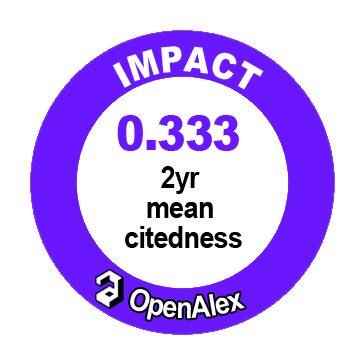Subsidy Reform and Private Investment in Nigeria’s Renewable Energy Sector: A Post-Petroleum Economic Perspective
DOI:
https://doi.org/10.55220/2576-6759.571Keywords:
Energy transition, Nigeria, Post-petroleum economy, Private investment, Renewable energy, Subsidy reform.Abstract
The decision of Nigeria in 2023 to end long-standing fossil fuel subsidies brought the country to a critical juncture in its energy history. Although this reform is generally viewed as a fiscal requirement meant to restore economic efficiency in the market and reduce public debt, the subsequent impact on private investment in renewable energy has been little studied. The current policy discourse takes for granted that the removal of subsidies will automatically steer capital towards cleaner sources of energy, however, it is not clear empirically how such changes influence investor confidence, capital deployment, and project tenability. Filling this gap is the objective of this study, which carries out a systematic review of peer reviewed-journal articles, policy briefs and institutional reports from 2019 up till 2025 using a country-specific lens to monitor the situation from Nigeria. The results suggest that the impact of subsidy reform in private renewable investment is mixed and depends greatly on supportive factors like regulatory consistency, fiscal recycling strategy and risk mitigation tools. Although the phase-out of subsidies is making the market place a level playing field for renewables (i.e. eliminating the distortions of fossil fuel prices), this is also creating uncertainty in the absence of credible policy frameworks and investment triggers. It highlights the need for an integrated policy-finance ecosystem to ensure that reforms result in durable investment. It ends with specific policy recommendations to steer Nigeria’s energy transition towards its fiscal ends and the Sustainable Development Goals (SDG 7 and SDG 13).





